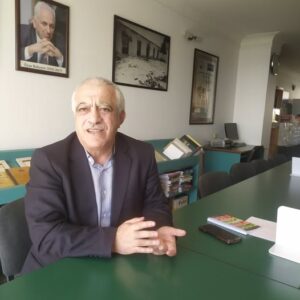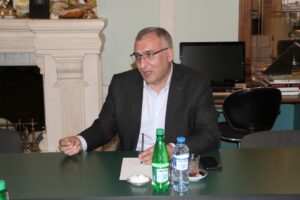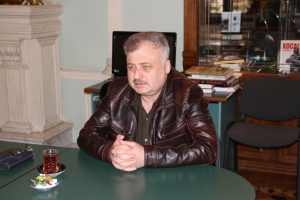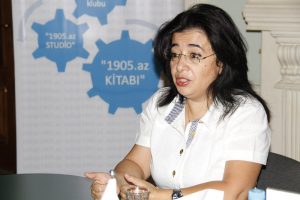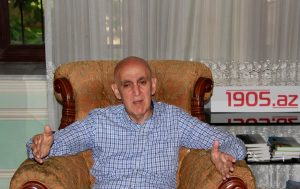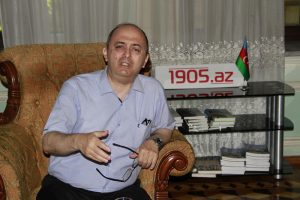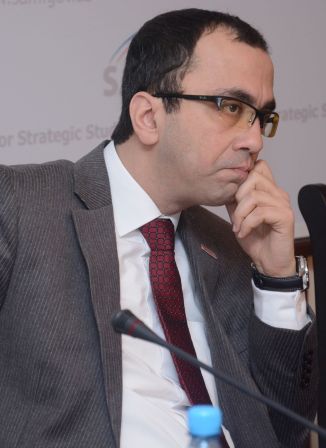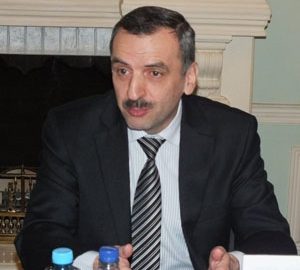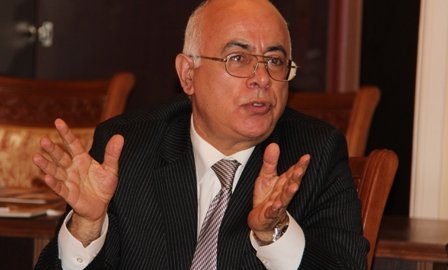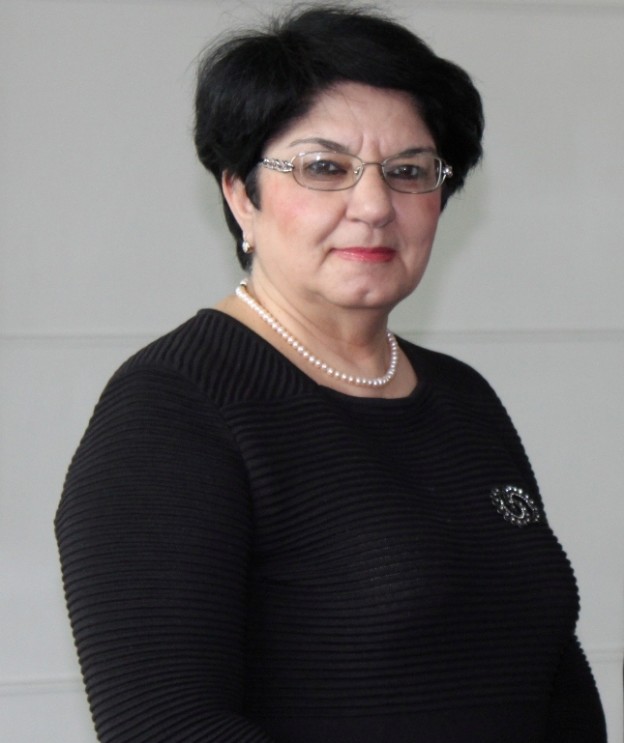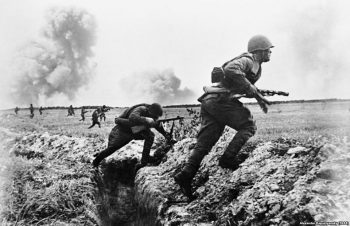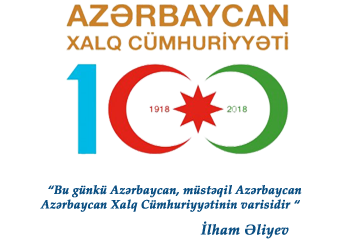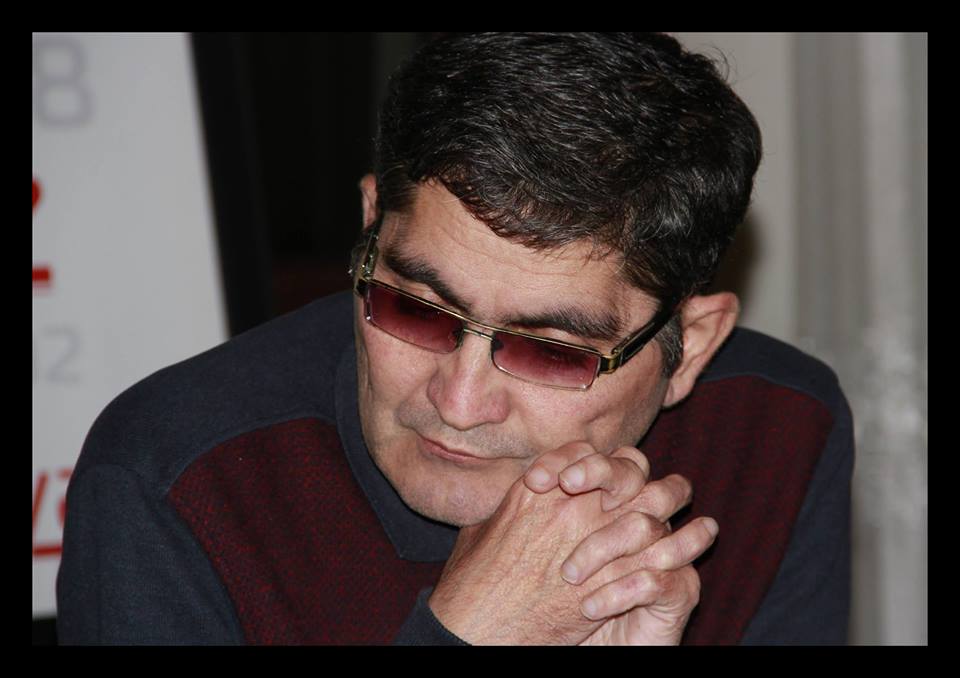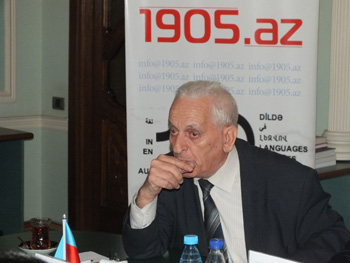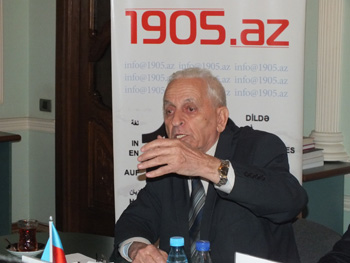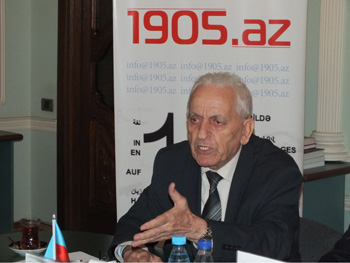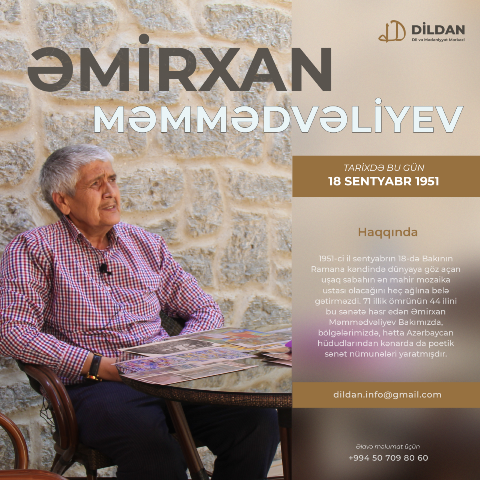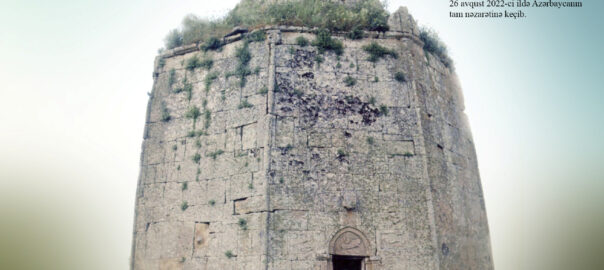3.1. Distorted position of the International Election Observation Mission (IEOM) on the elections in Azerbaijan
After the restoration of Azerbaijan’s state sovereignty, Abulfaz Elcibay was elected president in June 1992, whose presidency lasted until the end of June 1993. Heydar Aliyev returned to power again and was elected president in 1993.
Despite the ongoing state of war, triggered by Armenia’s armed aggression, President Heydar Aliyev put an end to the political chaos in the country and formed a political system and a legal basis to secure the future development of the country. The constitution was adopted in 1995.
In conformity with the priorities set forth in the constitution, the legal basis has been created for free and regular elections on the basis of universal, equal and direct suffrage by free and secret ballot. Since 1997 the Azerbaijani government has been closely cooperating with the OSCE Office for Democratic Institutions and Human Rights (ODIHR) to form the electoral legislation that meets the international standards.
After joining the Council of the Europe, Azerbaijan’s framework of cooperation has further expanded and the Venice Commission of the Council of Europe has joined this process. Thanks to this cooperation and for the unification of the electoral legislation, the Election Code of the Republic of Azerbaijan was adopted in May 2003. At that time, this Election Code was highly appreciated by the international organizations. A Joint Final Assessment by the Venice Commission and the OSCE/ ODIHR stated that the Election Code provides comprehensive framework for the conduct of elections and referenda and, in most respects, appears to meet international standards and best practices.
In accordance with the constitution, presidential and parliamentary elections are held every five years. Following the 2016 referendum on the amendments to the constitution, the term of office of president in Azerbaijan has increased from five to seven years. In the context of the abovementioned, until recently, OSCE reports were highlighting that “the election will be held in an ongoing conflict situation with Armenia, and the occupation of significant part of Azerbaijani territories, and a huge number of internally displaced persons obstruct the administration of elections”.
As a matter of fact, the International Election Observation Mission (IEOM) in charge of observing the elections in the Republic of Azerbaijan is usually made up of the OSCE’s Office for the Democratic Institutions and Human Rights (OSCE/ODI HR), the OSCE Parliamentary Assembly (OSCE PA), the Parliamentary Assembly of the Council of Europe (PACE), the European Parliament (EP) and the NATO Parliamentary Assembly (NATO PA). The NATO PA has not been observing the elections in Azerbaijan since the 2005 parliamentary elections.
The election observation missions of the OSCE/ODIHR, PACE, EP, and the OSCE PA monitored the parliamentary elections in 2010 and the presidential elections in 2008 and 2013 years. Following the EP, the OSCE/ODIHR and the OSCE PA made a decision not to send the election observation mission for the 2015 parliamentary elections. The PACE election observation mission was the only official Western mission to observe the 2015 parliamentary elections and the 2016 referendum on the amendments to the constitution. In 2018, the election observation missions of the OSCE/ODIHR, the PACE and the OSCE PA observed the presidential elections, except the EP.
Incumbent President Mr. Ilham Aliyev was elected president of Azerbaijan in 2003 by 77% of the votes. In 2008, Mr. Ilham Aliyev got reelected for the second term. A report of the OSCE/ ODIHR in this regard reads: “Significant progress was made in addressing the OSCE commitments and other international standards.”
Along with the observation missions of the influential international organizations, such as the Parliamentary Assembly of the Council of Europe (PACE), the European Parliament (EP) and the OSCE Parliamentary Assembly (OSCE PA), the observation mission of the OSCE’s Office for Democratic Institutions and Human Rights observed the 2013 presidential election in Azerbaijan as well Overall, the 2013 presidential election was observed by over 50,000 domestic observers and about 1,400 international observers from some 100 countries, representing various regions of the world. The international observers were representing all regions of the world, including the U.S. and most of the European countries.
During the 2013 presidential election in Azerbaijan, Mr. Michel Voisin (France) was appointed the Special Coordinator by the OSCE Chairperson-in-Office to lead the short-term observation mission of the OSCE Parliamentary Assembly. Mr. Robert Walter (United Kingdom) was heading the PACE delegation. Mr. Pino Arlacchi (Italy), member of the Socialist Group, led the European Parliament’s observation mission. Ms. Tana de Zulueta (Italy) was appointed the head of OSCE/ODIHR Election Observation Mission (EOM) that started on 28 August 2013.
Except for the OSCE/ODIHR observation mission, all other observation missions and groups assessed the 9 October 2013 presidential election as free, transparent and fair, noting progress towards democracy. Europe’s most influential international institutions, namely, the Parliamentary Assembly of the Council of Europe (PACE) and the European Parliament (EP) observation missions issued a joint statement on the outcome of the elections.
The statement read: “We did not come to Azerbaijan to give lessons, but rather to observe the democratic principles and the election”. The statement highlighted that “the elections marked a free, fair and transparent process and a progress towards democracy that was in line with the OSCE and CoE standards”.
Welcoming the invitation by the Azerbaijani government of a large number of observers, these two influential organizations in a joint statement also highlighted that the electoral procedures ahead of and on the election day had been carried out in a professional and peaceful manner, and no actions of intimidation were registered at or close to the polling stations on the voting day, no police presence around the polling stations was observed and electoral debates were more open as against the previous elections.
One of the noteworthy aspects is that the position of the OSCE PA observation mission almost coincided with the position of the PACE and the European Parliament observation missions on the outcome of the election. This position found its reflection in the 10 October statement of Mr. Michel Voisin, Special Coordinator of the OSCE Chairperson-in-Office and the head of the OSCE observation mission, which stated that”… this campaign has undeniably been a democratic advance by the number of candidates, an open for all television campaigning, a remark able participation in the elections of more than 72 percent, good preliminary work and transparency in the way the Central Election Commission has organized these elections”.
In his statement, the head of the OSCE observation mission highlighted that he considered the election transparent, free and honest and that fully endorsed the conclusions of the Parliamentary Assembly of the Council of Europe and the European Parliament. Mr. Michel Voisin also brought to the attention that the OSCE/ODIHR report did not reflect the positive aspects as noted by the observers of the Parliamentary Assembly of the OSCE in the short-term observation mission.
Interestingly, OSCE Chairperson-in-Office Mr. Leonid Kozhara made a statement on the outcome of the election. In his statement, he welcomed the fact that the presidential election was monitored by a large number of observers from authoritative international organizations, including the Organization for Security and Cooperation in Europe, the Council of Europe, the European Union, the Commonwealth of Independent States and others, as well as by many national delegations from the OSCE Participating States. Mr. Leonid Kozhara also drew attention to the statement of the Special Coordinator of the OSCE Chairperson-in-Office, the joint statement made by the election observation delegations of the Council of Europe and the European Parliament, as well as the statements by other international observers.
He highlighted that in the statements, the international observers concluded that a number of aspects of the conduct of the 2013 presidential election showed progress towards meeting the OSCE and the Council of Europe commitments and other international standards for democratic elections.
I also regret to note that the assessment of the OSCE/ODIHR observation mission on the results of the election was radically different. The report alleged that the document was prepared by joint efforts of the OSCE/ODIHR and the OSCE PA.
The head of the OSCE PA observation mission, Michel Voisin, opposed these allegations voiced in the OSCE/ODIHR report at the Standing Committee Meeting during the OSCE PA session in Budva, Montenegro, on 13-15 October 2013. Michel Voisin unequivocally stated that members of the OSCE PA observation mission had not taken part in the preparation of this document. He also stressed that he himself did not either take part in the preparation, but was involved in the discussion, and opposed the adopted document.
One of the noteworthy aspects is that the report of the OSCE/ ODIHR included only the negative considerations regarding the electoral process. However, these considerations were not substantiated with proofs and evidence. For example, absurd allegations, such as “intimidation of candidates and voters” were put forward, but failed to be confirmed with any proof. Negative assessment of electoral processes in 11% of the polling stations was also doubtful. Accordingly, with over 5,300 polling stations in Azerbaijan, there were a total of 280 observers in the OSCE/ODIHR observation mission. If we are convinced by the allegations, it means that ODIHR observers noticed violations during vote counting process in nearly 600 polling stations. The figure that 280 observers participated in the electoral and vote counting processes in 600 polling stations was also doubtful.
It is very interesting that when Chairman of the Central Election Commission (CEC) Mazahir Panahov at a meeting with Tana de Zulueta, the head of the OSCE/ODIHR observation mission, asked to justify the allegations, she could not manage to present any evidence or proof.
Despite the positive assessment of the election by the PACE, the EP, the OSCE PA observation missions, by the OSCE Chairperson and by the numerous observation groups from different countries, it was regrettable that those wishing to exert political pressure on Azerbaijan were only referring to the assessment of the OSCE/ODIHR observation mission.
In this regard, I would like to note that from political point of view, the PACE and the European Parliament are more important institutions. These institutions reflect the positions and opinions about Azerbaijan of the European Union, the heart of integrational processes into Europe, and the Council of Europe, the house of human rights. On the other hand, members of PACE, EP and OSCE PA observation missions are well-known public and political figures, elected by voters to represent their countries’ national parliaments; and as a rule, they have sufficient knowledge about the electoral processes.
As a matter of fact, members of the OSCE/ODIHR observation mission are usually middle-and-low-ranking officials, representing the OSCE member states. Usually, they have insufficient knowledge of the electoral processes. In several cases, these people are unaware of the situation at all, and as a rule, low-ranking officials of ODIHR are obliged to unconditionally implement the instructions of high-ranking officials. Therefore, they are prone to fall under influence for this or other way. Hence, it was not understandable that some forces preferred the assessment of the OSCE/ODIHR observation mission.
The objective of the OSCE/ODIHR’s biased assessment was to trigger provocations by the opposition, to undermine stability in the country and damage Azerbaijan’s positive image internationally. I would like to focus on a point on the outcome of the elections. An observation mission of 120 influential public and political figures, former and current congressmen and senators from the U.S.A. monitored the election and issued a positive statement.
According to the monitoring results, carried out by the West Resource Public Union to Support Civil Society Development, funded directly by the U.S. embassy to Azerbaijan, in 450 polling stations across the country’s 69 constituencies within the framework of the project, and including by the North region coordinator of the Election Monitoring and Democracy Studies Center, an Azerbaijani NGO, which was referred to in the OSCE/ODIHR report, in six constituencies, Mr. Ilham Aliyev won the election with outright victory of 81-85% percent across the country’s 75 constituencies out of 125.
At the same time, according to the exit poll results by Arthur J. Finkelstein & Associates, one of the top 10 survey firms in the U.S., and Opinion Way, France’s Research Institute, it was confirmed that Mr. llham Aliyev garnered 83.7% and 84.9% per cent, respectively. However, the OSCE/ODIHR did not want to accept this reality.
Despite libels and slanders, the naked truth is that Azerbaijan is a country where numerous ethnic and religious groups live in peace and harmony; in the history of the country, there has never been any conflict on either ethnic, or religious grounds, and Azerbaijan is one of the countries in the world that can be shown as an example for its national, ethnic and religious tolerance. ‘This biased and fact-free report of the OSCE/ODIHR pursued a single aim, i.e. to fulfil instructions of high-ranking officials, to serve interests of powerful states with regard to Azerbaijan, to form a negative image of Azerbaijan in the international arena and to compel it through libels and slanders to give up the occupied lands.


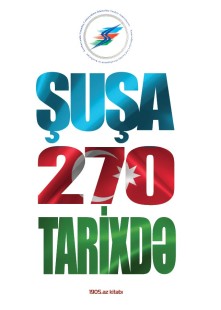
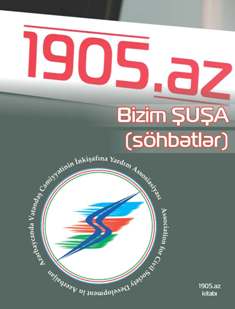
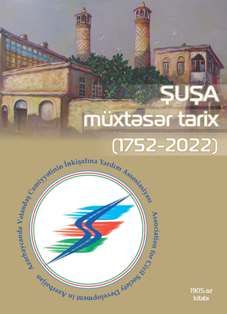
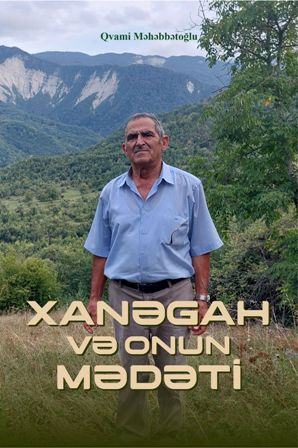

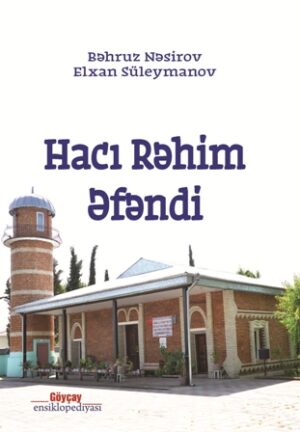
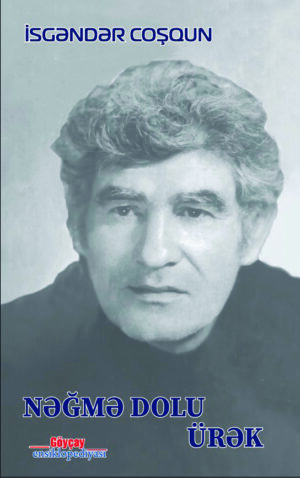
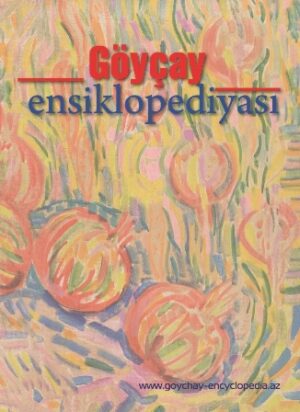












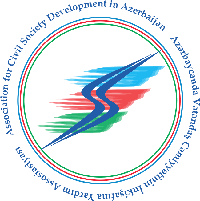
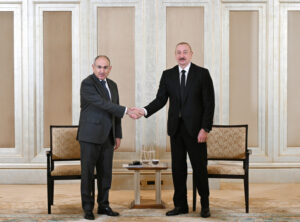 Əbu-Dabidə Prezident İlham Əliyevin Ermənistanın Baş naziri Nikol Paşinyanla görüşü olub VIDEO
Əbu-Dabidə Prezident İlham Əliyevin Ermənistanın Baş naziri Nikol Paşinyanla görüşü olub VIDEO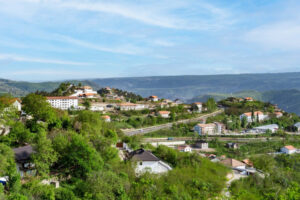 Vətəndaşlar Qarabağda beş gün qala biləcəklər VİDEO
Vətəndaşlar Qarabağda beş gün qala biləcəklər VİDEO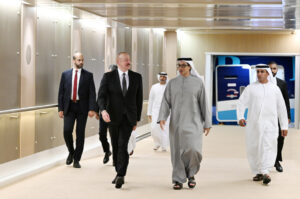 Prezident İlham Əliyev Birləşmiş Ərəb Əmirliklərinə işgüzar səfərə gəlib VİDEO
Prezident İlham Əliyev Birləşmiş Ərəb Əmirliklərinə işgüzar səfərə gəlib VİDEO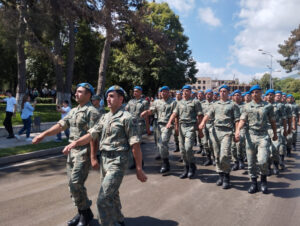 Silahlı Qüvvələr Günü münasibətilə Xankəndidə hərbçilərin yürüşü keçirilib VİDEO
Silahlı Qüvvələr Günü münasibətilə Xankəndidə hərbçilərin yürüşü keçirilib VİDEO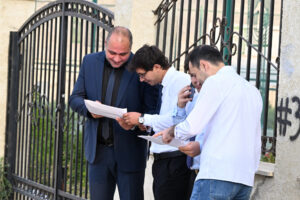 Böyük Qayıdış: Ağdam rayonunun Kəngərli kəndinə növbəti köç karvanı yola salınıb VIDEO
Böyük Qayıdış: Ağdam rayonunun Kəngərli kəndinə növbəti köç karvanı yola salınıb VIDEO